What is Reason?
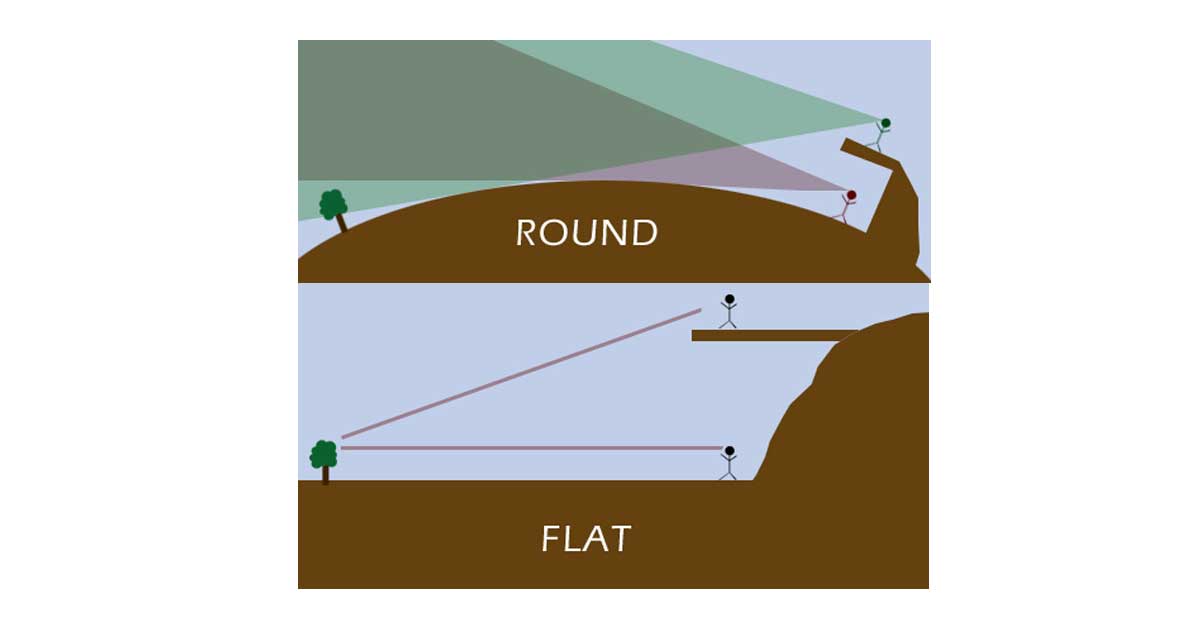
Reason is the application of “pure logic”, empirical evidence, experiment, and skepticism to find truths, facts, and theories (AKA “critical thinking”).
Alexander Hamilton was a Founding Father, first Secretary of Treasury, a hero of the revolution, chief staff aide to General George Washington, influential in the Constitution, founded the nation’s financial system, founded the Federalist Party, founded the United States Coast Guard, and founded The New York Post newspaper; among other things.
The pro-moderate Whig-like Hamilton favored a strong federal government and tried to promote globalization in terms of trade, supported abolitionism, and favored a central bank long before it was cool.
Hamilton’s character can be contrasted by the pro-French revolution Thomas Jefferson (each figure representing a different type of American liberal, the Federalist and Anti-Federalists respectively).

Reason is the application of “pure logic”, empirical evidence, experiment, and skepticism to find truths, facts, and theories (AKA “critical thinking”).
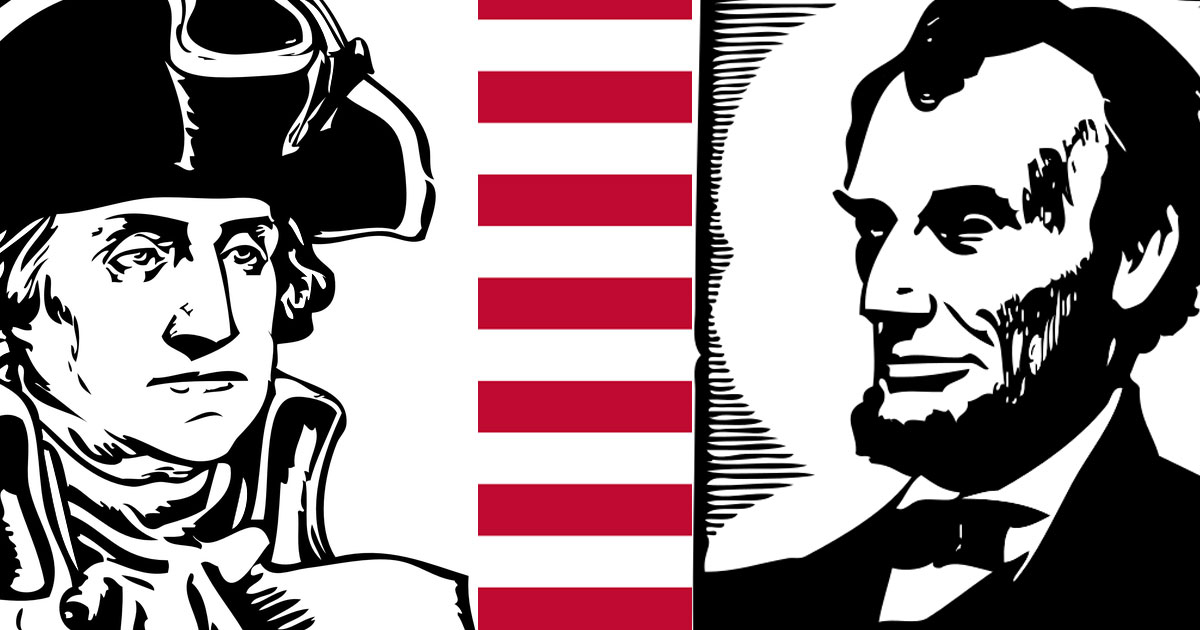
We explain the political terms conservative, moderate, liberal, progressive, and radical and how they are used in different contexts.
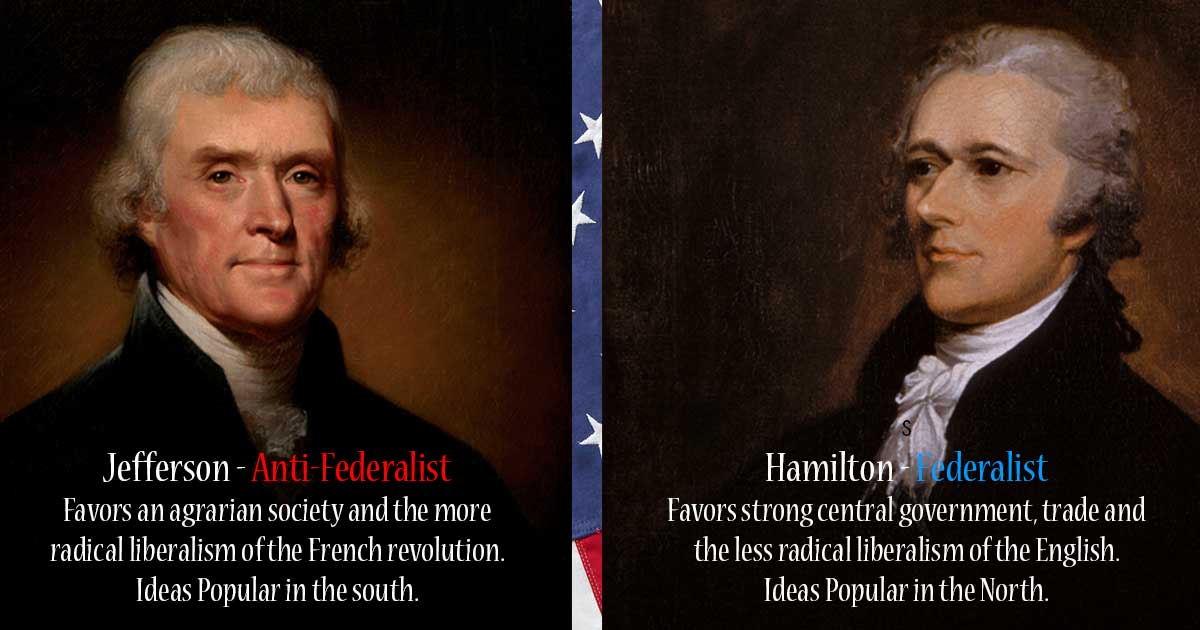
The Federalists and Anti-Federalists were the first political factions of the U.S.. They arose out of a debate over the ratification of the 1787 Constitution and went on to form the basis of our current two-party system.
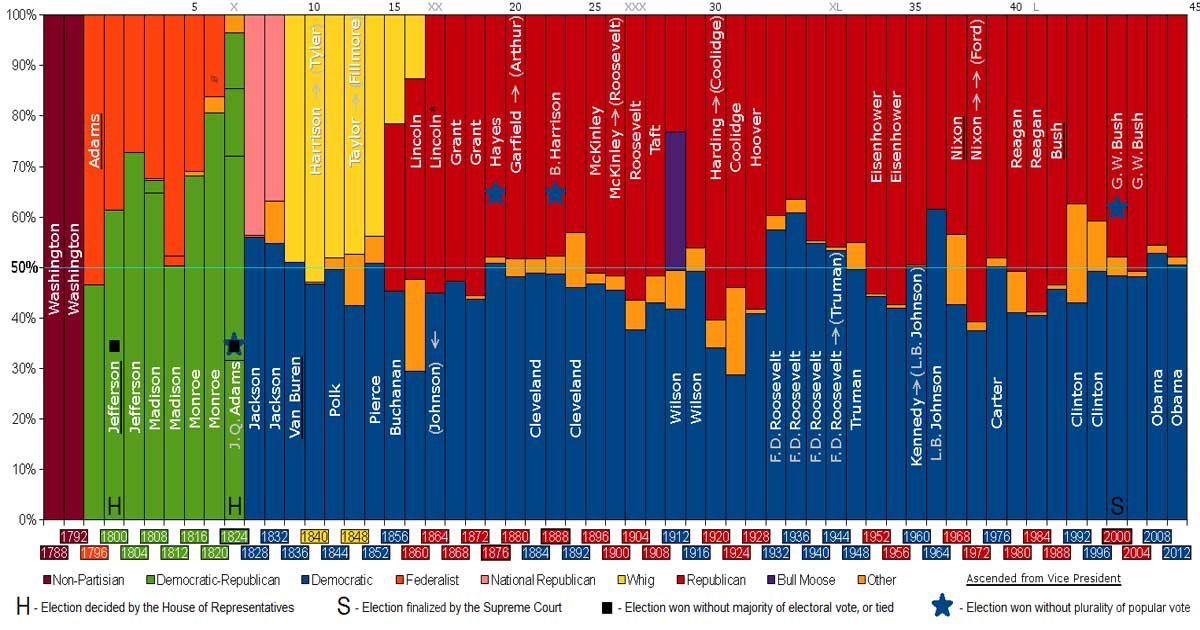
On this page, we look at political parties from a historical perspective to better understand the underlying left-right politics all political parties are based on.

America’s founding fathers intended the U.S. to be a Republic (elected officials vote on laws), rather than a Direct Democracy (everyone votes on laws).
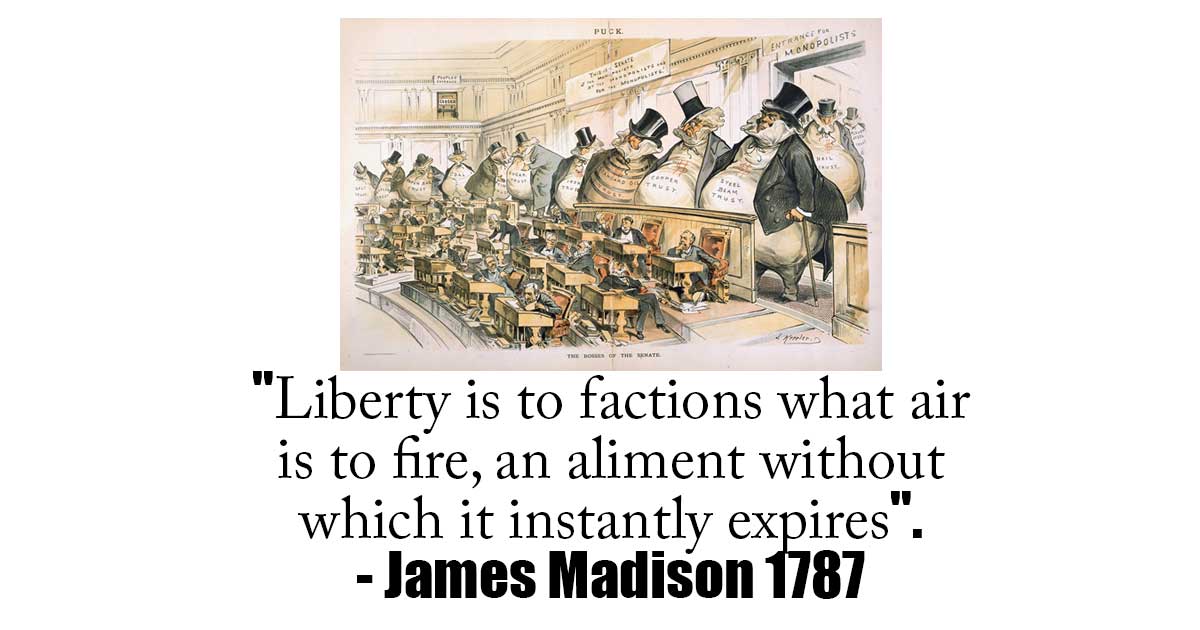
Special interests describe interests that are not purely public interests. Factions (special interest groups) are groups formed around shared interests (special interests).